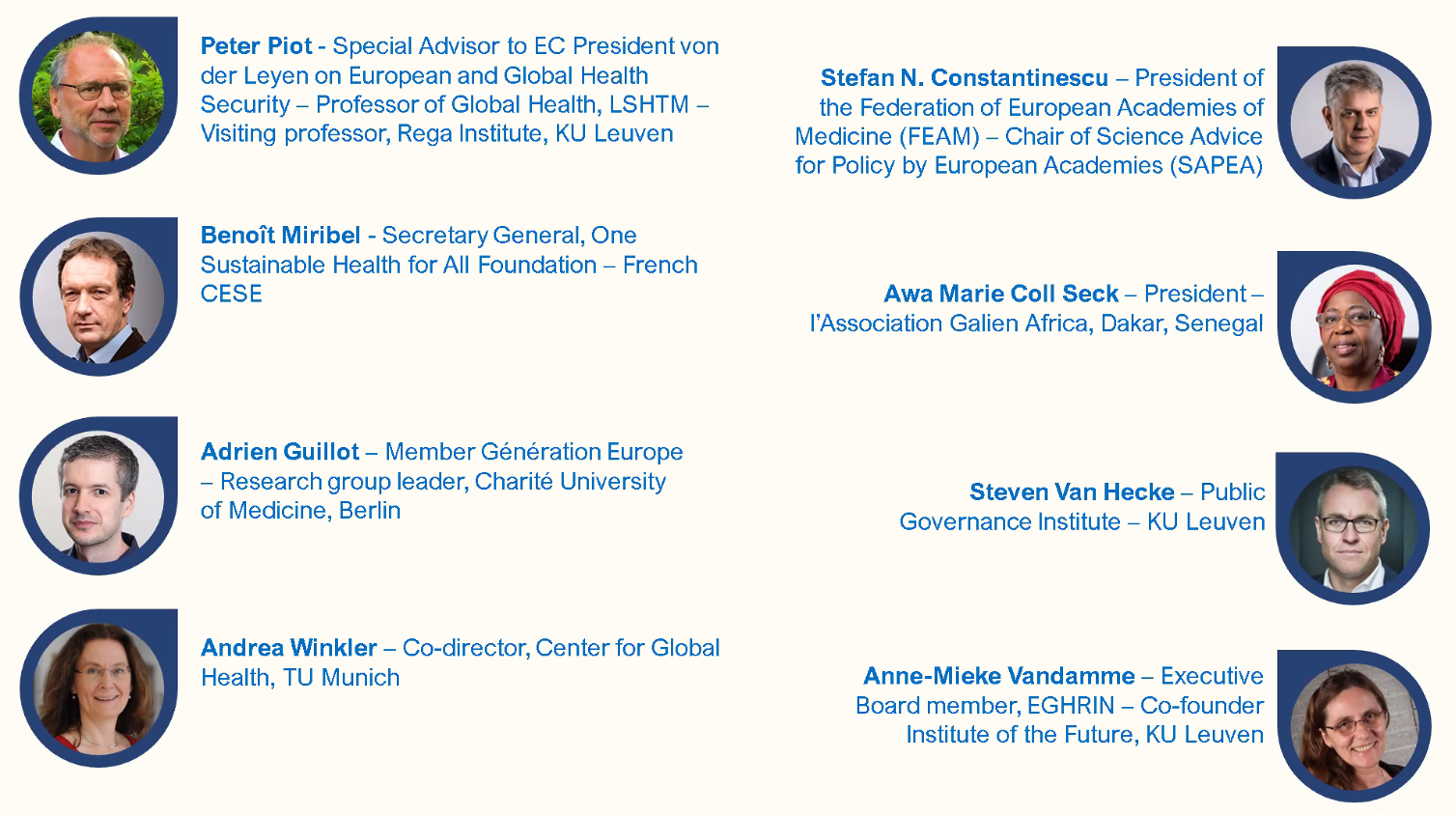
During the conference “One Health – Research & Innovation at the crossroads of environment and health”, in a panel discussion addressing the need for a global One Health strategy, FEAM President Prof. Stefan Constantinescu provided insightful perspectives on how the European Commission seeks scientific advice and approaches complex health-related challenges. One Health acknowledges the interconnectedness between human, animal, and environmental health—an approach that’s becoming increasingly critical amid climate change, loss of biodiversity, and emerging zoonotic diseases.
Prof. Constantinescu explained that the European Commission relies on a robust system for obtaining unbiased scientific advice. This system involves European national academies in sciences, medicine, and engineering, which work in tandem with the Commission’s Group of Chief Scientific Advisors. When the Commission seeks guidance on topics like cancer screening or One Health governance, these academies provide detailed reports with current knowledge, risks, and recommendations. The Group of Chief Scientific Advisors then condenses this information into concise guidance for policy action.
Prof. Constantinescu emphasized the importance of this collaborative approach to foster cross-border cooperation in health matters. The One Health strategy aims to address health challenges that cross national borders, urging a more integrated approach to ensure effective responses to global threats. This strategic shift is crucial, given the increasingly interconnected nature of health issues. As the EU plays a significant role in global health, Prof. Constantinescu’s intervention served as a reminder of the importance of collaboration and evidence-based policy.
